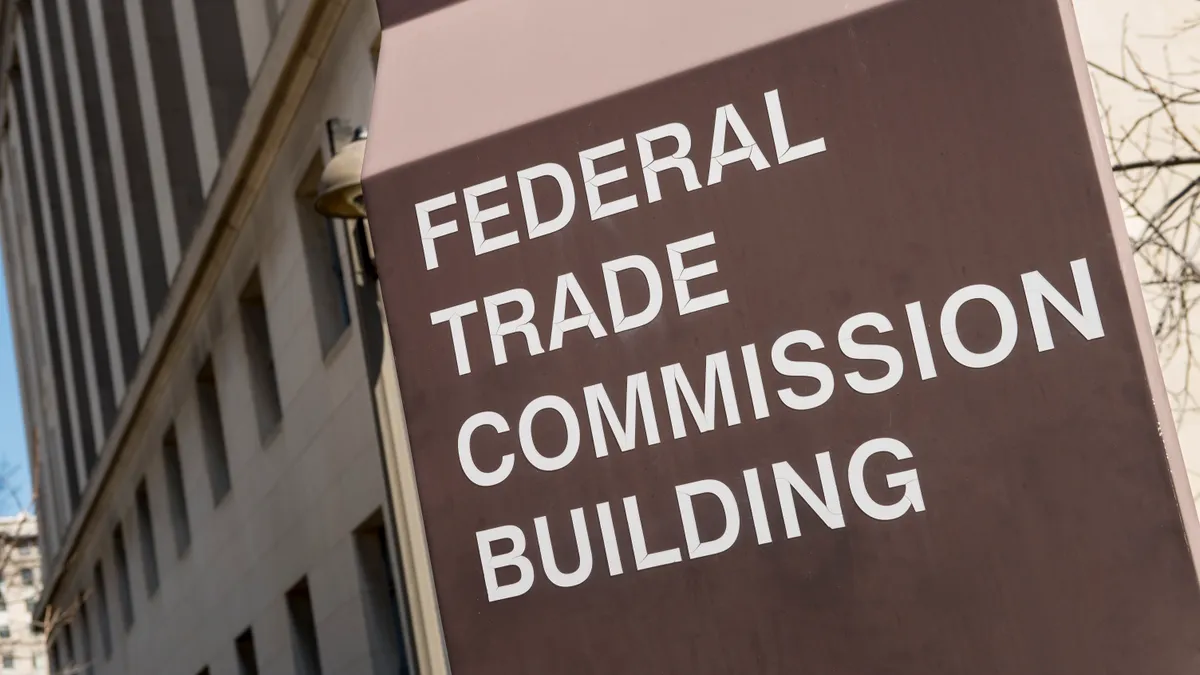UPDATE: Dec. 17, 2024: The Federal Trade Commission has published its final Junk Fees Rule, which requires the live-event ticketing and short-term lodging industries to include all mandatory fees in their advertised pricing, with very few exceptions, according to a news release published by the commission.
The rule, published Tuesday, does not prohibit specific fees or pricing strategies, according to the release. It also does not impose the same disclosure or advertised price requirements on any other industry, including multifamily.
The FTC said that all industries are prohibited from deceptive pricing strategies, and that the commission will continue to pursue cases in other industries independent of this rule.
“I urge enforcers to continue cracking down on these unlawful fees and encourage state and federal policymakers to build on this success with legislation that bans unfair and deceptive junk fees across the economy,” FTC Chair Lina M. Khan said in the release.
Commissioner Andrew Ferguson, whom President-elect Donald Trump has announced he will appoint to succeed Khan as FTC chair following Inauguration Day, was the only dissenter in the 4-1 vote. The rule will become effective 120 days after its publication in the Federal Register, which would be April 2025 at the earliest.
The original story appears below.
With a new Trump administration coming in January — and a new chair for the Federal Trade Commission likely to follow — the FTC’s proposed rule to ban “junk fees” in business transactions faces an unclear future.
The rule proposal, first announced in October 2023, outlines a ban on mandatory fees only disclosed after a transaction has begun, including rental agreements. The commission held a public comment period for the rule between November 2023 and February 2024, but has not published any statements on the rule or its status since then.
Nicole Upano, assistant vice president of housing policy and regulatory affairs at the National Apartment Association, anticipates that the junk fee rule could be pushed through before President Joe Biden leaves the White House.
“We could likely see the FTC just release the rule now to try and get it out there, introduce it to the public, and then let the next administration have to walk it back,” Upano told Multifamily Dive.
Neither Trump nor his campaign officials have made any official statement on the proposed junk fee rule. However, with Republicans in control of both the House and Senate, Congress would have the power to invalidate FTC rules, according to Reuters. This would include the junk fee rule if it is enacted.
Mitchell J. Katz, senior public affairs specialist at the FTC, told Multifamily Dive that the agency does not have any updates to share about the proposed junk fee rule and declined to comment or speculate on its timing.
Watching and waiting
The uncertainty of whether or not the junk fee rule will be passed, or passed and then quickly reversed, poses a planning challenge for multifamily professionals. “Members are in a challenging place because they have to think through the potential environment right now, which could drastically change in a matter of a couple of months,” Upano said.
The NAA has been a long-term opponent of the junk fee ban proposal. At the time it was announced, CEO Bob Pinnegar said that the organization supports transparency and dialogue between multifamily providers and residents, but is not in favor of added regulations, which he said can limit the availability of affordable housing.
“Rental housing fees are disclosed in the lease and during the application and leasing process. It is incumbent on both parties to ensure they can uphold the terms of their contractual agreement,” Pinnegar said in a statement provided to Multifamily Dive.
In a joint statement provided for the public comment period, the NAA, the National Multifamily Housing Council and nine other organizations also noted that the rule, as it stands, is not tailored to the needs of the rental housing industry. “A one-size-fits-all requirement would interfere with the breadth and differences in states’ fee requirements that already cover limitations in amounts of specific types of rental housing fees, refundability, return and disclosure requirements,” the real estate coalition’s letter read.
A few states have passed junk fee bills of their own in recent years. California’s junk fee ban took effect in July, and Virginia passed two bills restricting fees in May, including one targeted at rental lease agreements.

















